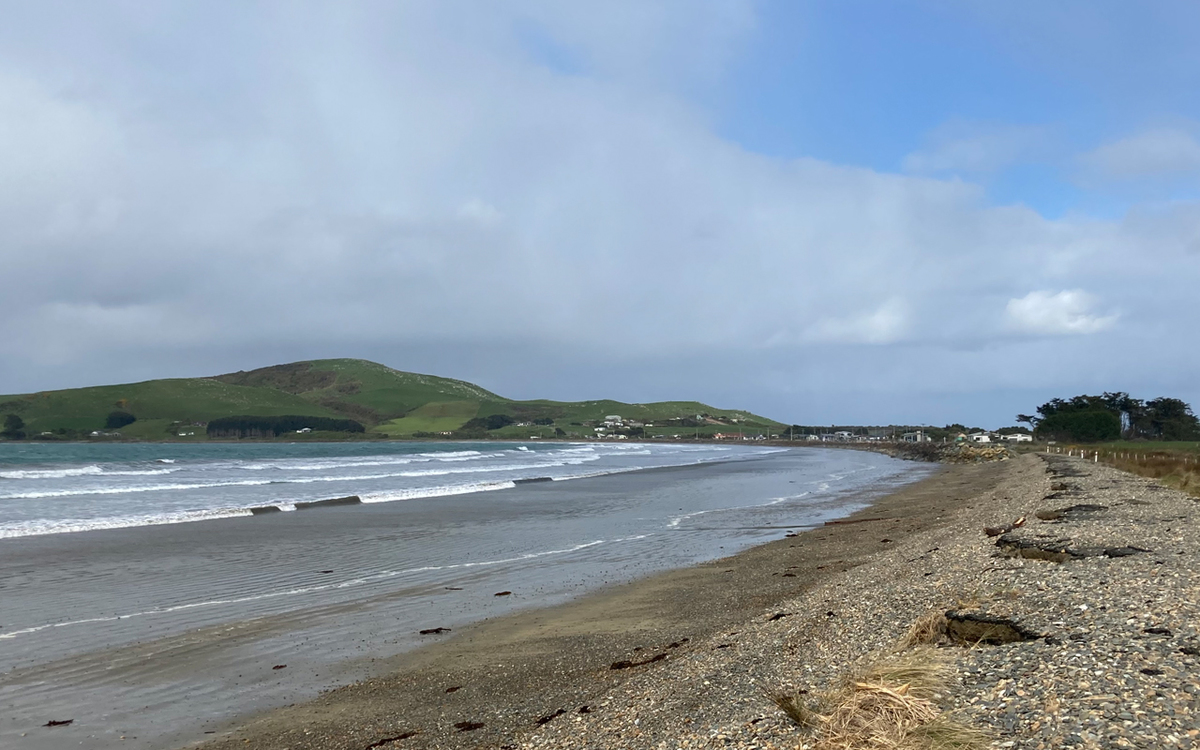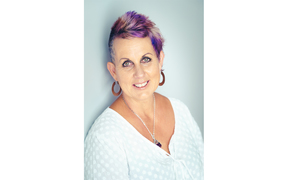Colac Bay-Ōraka landfill report produces no major concerns
27 April 2022, 6:40 AM
 Colac Bay. Photo: LDR/Matthew Rosenberg
Colac Bay. Photo: LDR/Matthew RosenbergA recently completed report into the controversial Colac Bay/Ōraka landfill has discovered no major concerns according to the Southland District Council (SDC).
Conducted by environmental science consultancy firm ES Scientific, the report centered around testing groundwater at the now closed western Southland landfill.
SDC organised the testing for the land, which is owned by the Oraka Aparima runanga, as part of work being done to investigate old landfills throughout the district, group manager infrastructure and regulatory services Matt Russell said.
This followed concerns from locals that hazardous substances, including organochlorine pesticides (such as DDT), waste oils, batteries and lead-based paint, had historically been disposed of to the landfill. There was also concerns that the landfill could be washed out, with encroaching tides and climate change.
“E3 Scientific, which carried out the analysis on the tests from four different sites, said the analysis of the groundwater samples covered a wide range of pesticides and herbicides, and none were detected within the samples," he said.
“The heavy metal concentrations, which you would see from batteries and lead-based paints, did not indicate a significant impact and were within an expected range for a landfill."
“This shows the landfill is of low risk. The slightly elevated levels of various contaminants are minor at drinking water standards and this groundwater is not being used for drinking water," Russell said.
“So, Council is pleased with the results confirming our beliefs made through previous reports and assessments that the landfill is of low risk. However, Council recognises the close proximity of the landfill to a precious coastal environment and groundwater so will continue to monitor this closely.”
The samples were measured against New Zealand drinking water standards and Australian and New Zealand guidelines for fresh and marine water quality because there are no national standards for water quality from old landfills.
E3 Scientific said the concentrations of contaminants in the groundwater are weak, with generally minor exceedances of the drinking water standards and the fresh and marine water quality guidelines.
The pH of the groundwater leaving the landfill is near to neutral, which indicates that the solid waste within the landfill has largely decomposed, limiting the potential for further mobilisation of contaminants during bacterial breakdown of solid waste.
It is likely that concentrations of leachable contaminants in the groundwater will slowly decline with natural reduction in the future, assuming that the site is not disturbed in any significant way.
SDC advised they are however planning to do further testing when the land is wetter, probably in winter or spring.
Colac Bay Tavern and Holiday Park owner Warren Bevin said if the testing has all been done right then he would have no concerns.




